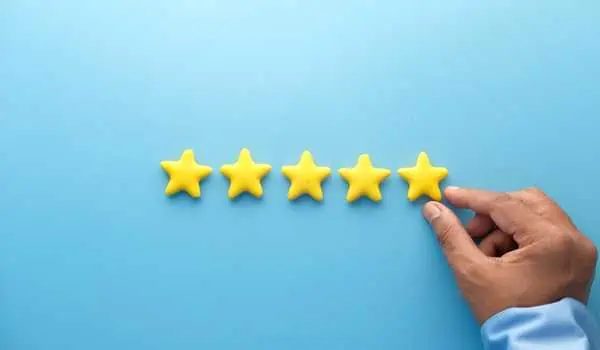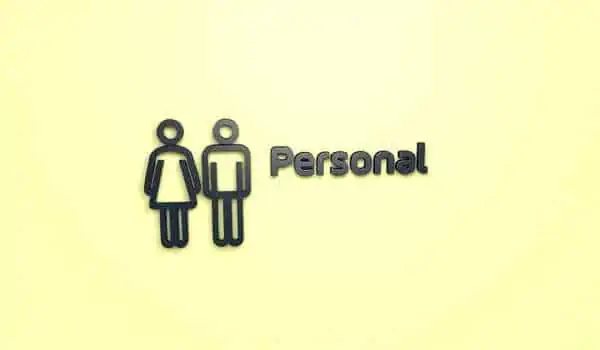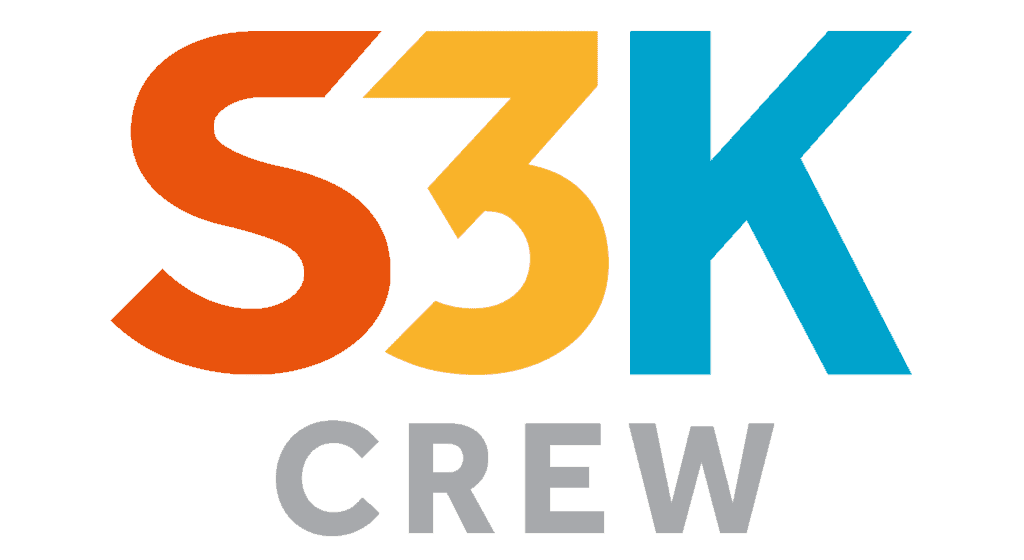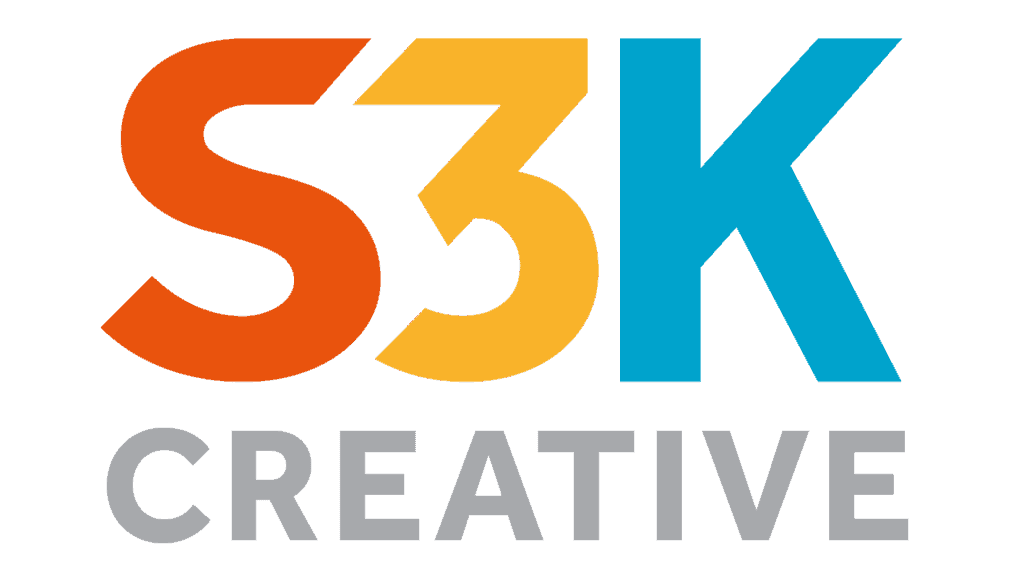What makes a good event?
If you've ever been to a conference or trade show or sporting event, then you're probably familiar with at least some of the elements of what makes a good event.
Events are full of people (they can't exist without them), but what makes an event memorable? What makes it unique? And how do we learn from past successes and failures in order to better host our own events? What makes a good event, a great one, or a bad one? Read on to find out...
Events make connections happen
Going to an event is a great way for people to connect with each other. It's the main reason people attend events, and so good events make this their focus - so if this isn't a priority, you're not doing it right.
Many people enjoy attending conferences and other events because it gives them an opportunity to meet new people and build relationships with peers from across their industry. They may even be looking for a job at one of these events. You never know where your next business partner or employee could come from—you just have to spend time getting out there and meeting them!


Events should prioritise attendee experience
You will get a lot of feedback on the event you are planning, but the most important is what your attendees say after they leave. It’s not just about their satisfaction with the event; it’s also about how they felt during their attendance. This is where having the right event management in place pays dividends!
It's easy to get caught up in all the production details and logistics for an event, but if it doesn't meet people's needs or make them feel good about attending in future years, your hard work will have been wasted.
A good event is memorable
A good event is a one-off experience that can't be replicated anywhere else.
A great event is one where the attendees are still talking about it months later, even years after it took place!
It’s about the details
Details are what makes an event memorable. They are the things that make it unique and personal, and they invite people in. From creating an event logo, to the overall look and feel of the event. Details do not have to cost a lot of money, but they do take time and attention to execute well.


Make your event personal and relevant
Being relevant to your audience is so important. When planning your event you'll want to make sure the content of your event is engaging, interesting, and on topic for your audience. One way you can do this is by personalising the experience for your attendees. When people feel like they're part of something special, they tend to be more engaged with what's going on around them. Make sure that all aspects of an event are personal and relevant:
- The overall theme should relate to what attendees care about
- Content should be tailored specifically for your audience — don’t rely on a generic template or presentation!
Events should be inviting and interactive
You want your event to be inviting and interactive. People should want to attend, and they should have a good time at your event. The main thing is that what you do should make people feel like they're part of an experience, not just a bunch of strangers sitting around watching something happen. After all, if it's not fun or memorable for all the right reasons, then why are you doing this? Events are a great way to get creative with your brand.
It sets you apart from the rest
A great event is one that sets you apart from the rest, that stands out in your audience's mind. This can be done by combining elements of what makes you unique and special in the first place. For example, if you're a company focused on sustainability, why not have an event where all the food is sourced locally? Or if you're a book publisher with a particular focus on children's literature, why not host an event where kids can write their own stories and then publish them at the end of the day?
The key to successful events.
So how do you know if you hosted a good event? Data! If you're thinking about hosting an event, the key to success is data and it's analysis post-event.
Your main goal should be to gather as much information as possible in order to make the next one even better. Here are some ways you can use data to improve your events:
Use it to improve your booking process. If you have a website, collect data from people who are interested in attending the event by asking them for their contact information. This will help you build a list of people who want more information about upcoming events, or who might be interested in working with you on future projects like this one (or both!). You can also sign up for Google Analytics so that you can see how many people visited your website after seeing an advertisement online; this may give insight into how well certain ads were working at bringing traffic into your site—and thus showing interest in attending future events like yours!
Use it post-event follow up emails with attendees and memberships (if applicable). Once attendees have completed each step of registration — including paying their fee upfront if necessary — send out messages thanking them for joining the waitlist while they wait until registration opens again later down the road when demand has died down slightly due date."

Make your event attendee focused.
When you’re planning an event, it’s easy to get excited about the cool stuff that will happen during the event. You might think about the venue, or how many people will be in attendance. But what about the attendees? Attendants are your reason for having this event—they're why it exists!
This is where attendee experience comes into play: it's all about thinking about what attendees want and need so they can have a good time at your event.
So what makes a good event, really?
As we highlighted at the beginning, events are all about the attendee. It’s your job as an event planner to make sure that your attendees have a great time and want to come back next year. That means providing a memorable experience and creating connections between them so they continue to feel connected after they leave. But remember: you can’t do this alone! You need help from other experts who understand what makes people tick, whether they're corporate employees or consumers looking for entertainment during their free time on weekends. For support on how to approach, design, or run your next event, get in touch with the S3K team today.




